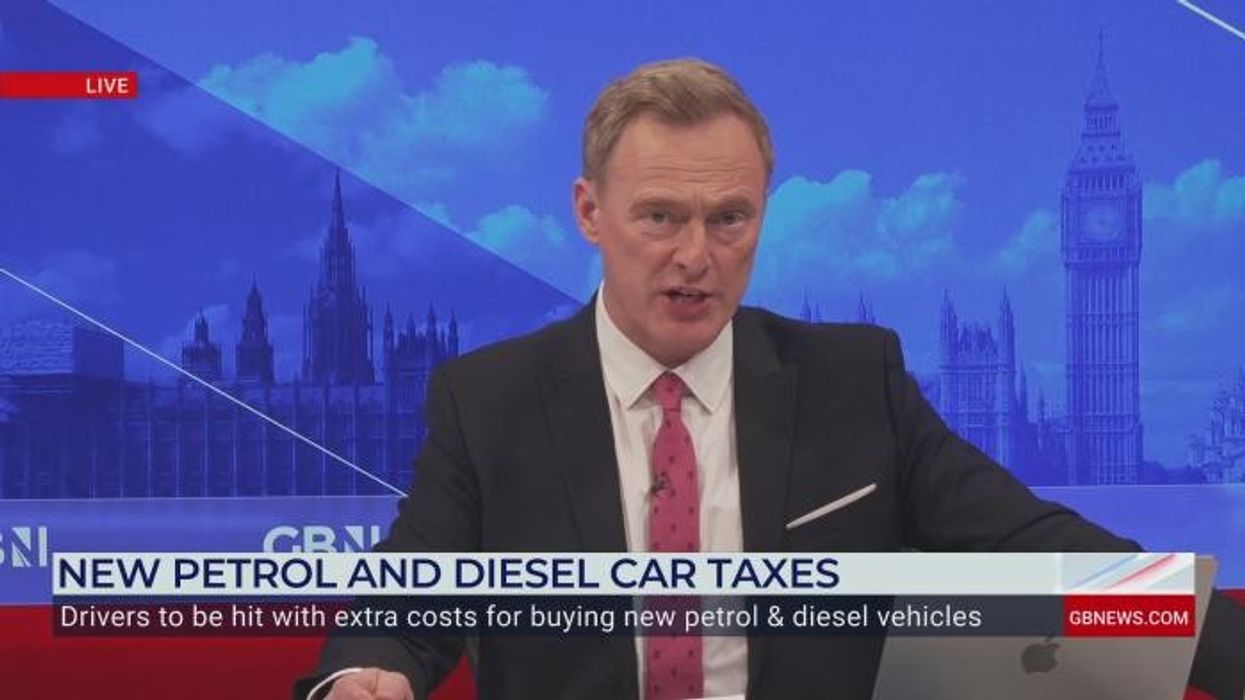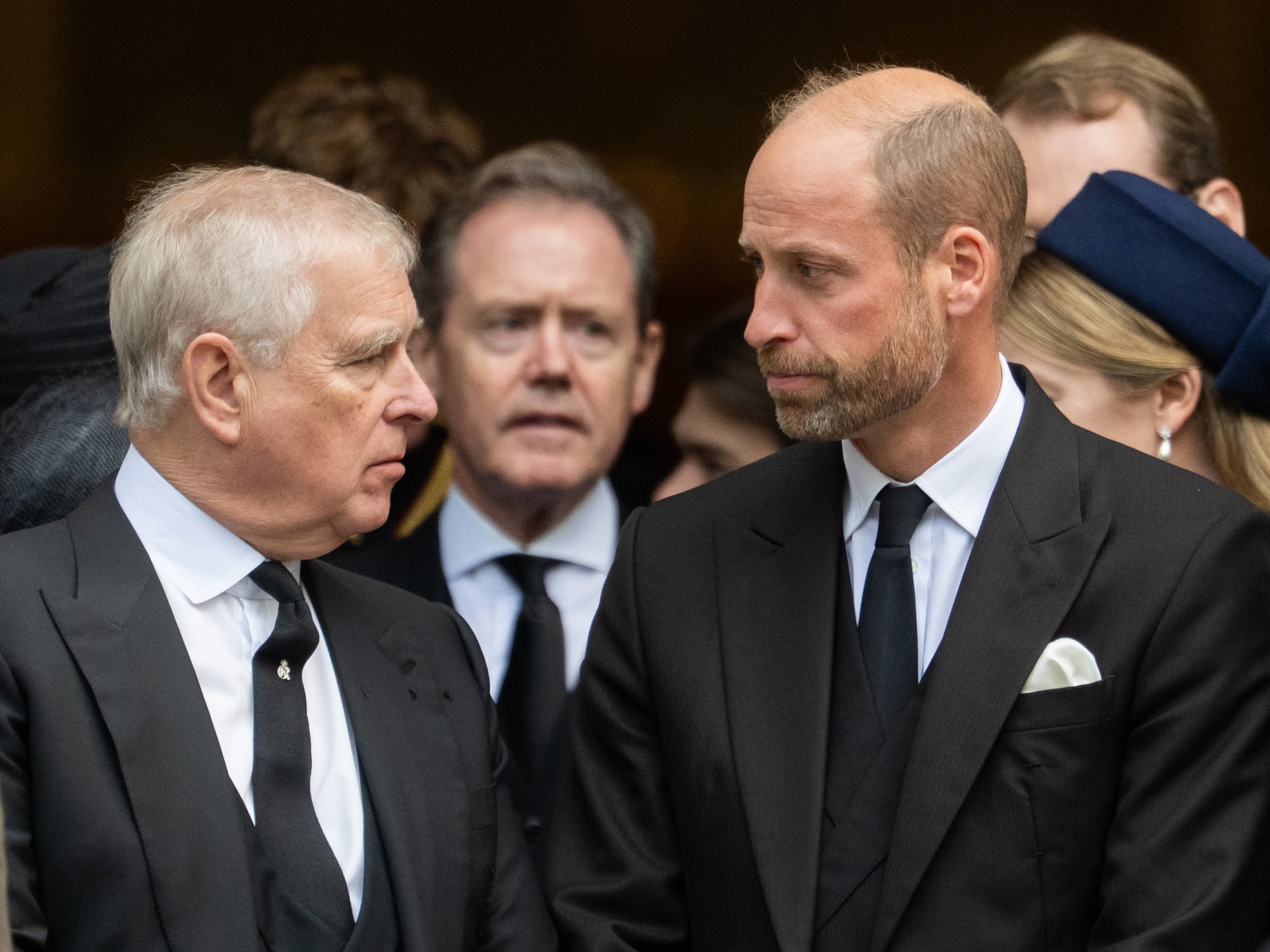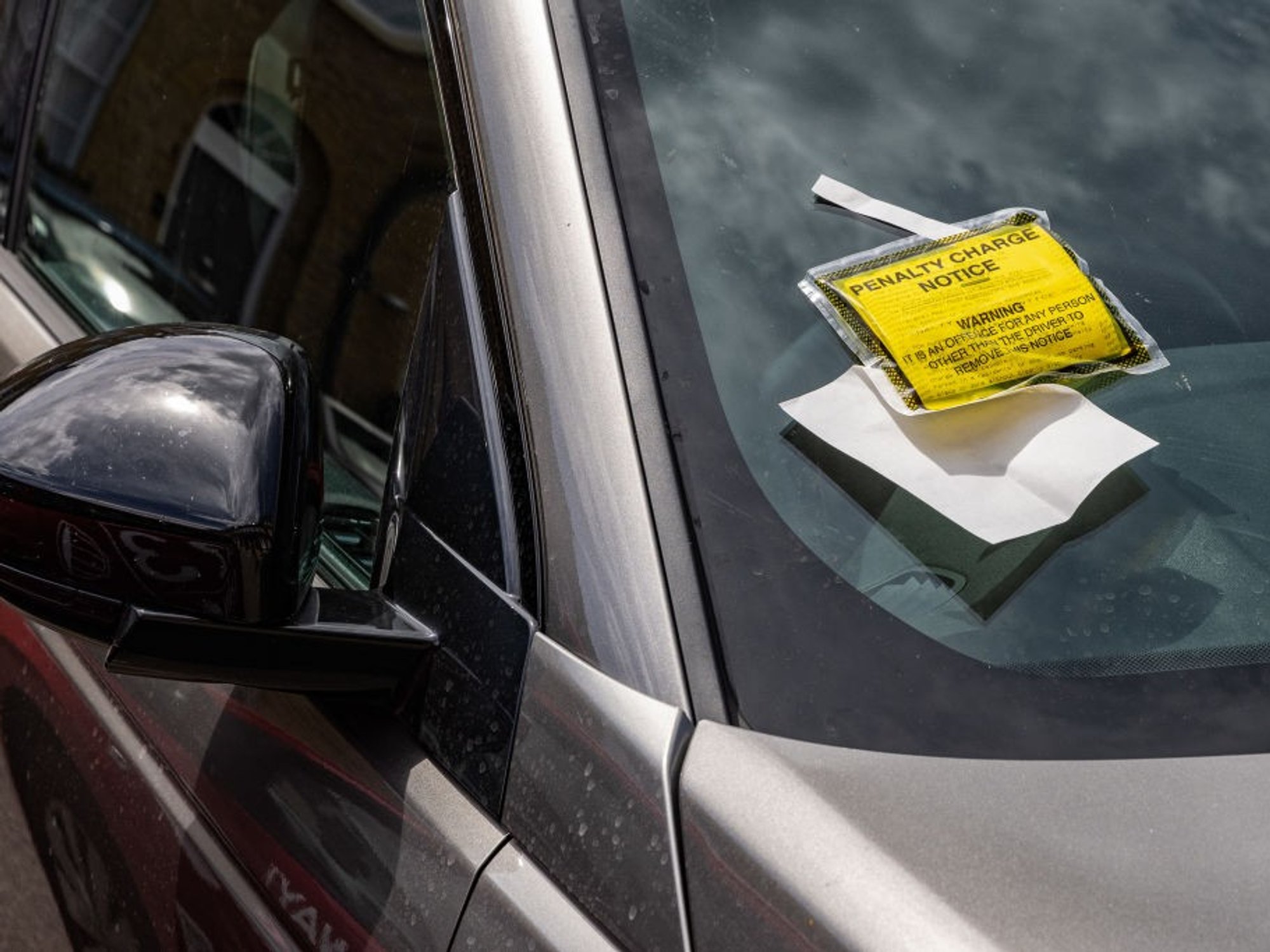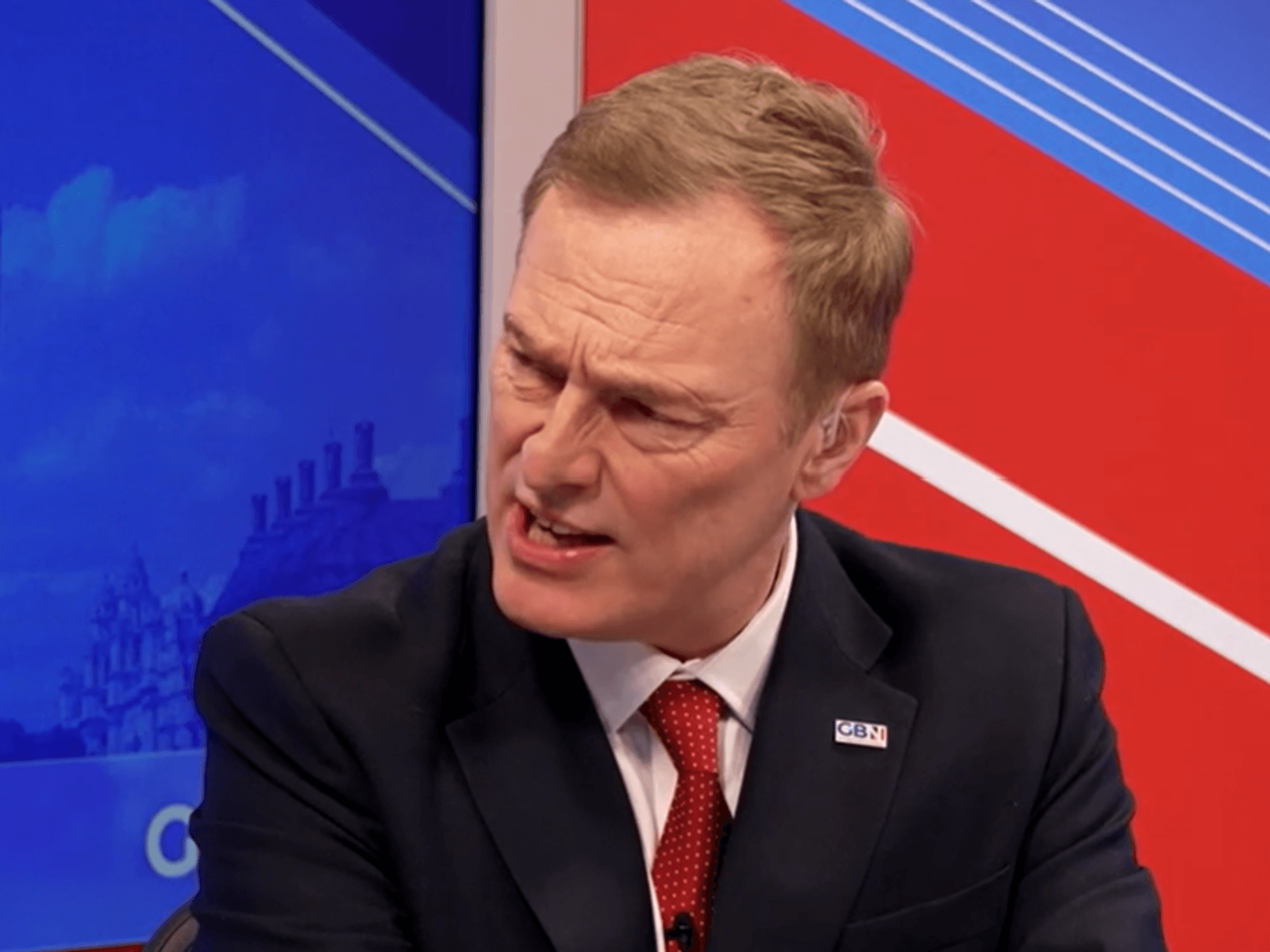Electric car drivers 'benefit greatly' from falling charging costs as petrol and diesel prices rise again

'With the potential for fuel prices to rise in the short term, EV drivers are protected from daily oil price fluctuations'
Don't Miss
Most Read
Latest
The gap between prices paid by electric car owners and those who drive petrol and diesel vehicles has been widened amid the escalating conflict between Israel and Iran.
New data from the AA EV Recharge Report found that peak and off-peak ultra-rapid charging costs have fallen by 2p/kWh in May.
Even prior to the conflict in the Middle East, electric vehicle drivers were experiencing a 2p drop in peak and off-peak charging at the fastest speeds.
Meanwhile, petrol and diesel car owners are seeing fluctuating prices after months of near-constant price drops.
Do you have a story you'd like to share? Get in touch by emailing motoring@gbnews.uk
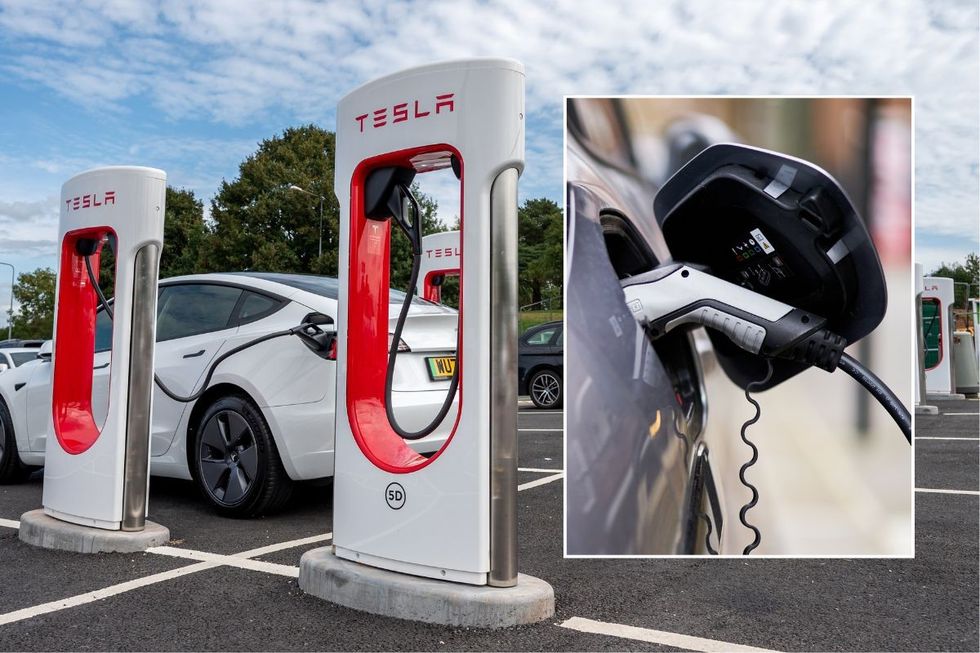
Public EV charging costs have continued to fall over the last month
|GETTY/PA
Some experts have even warned that fuel prices could spiral towards record costs seen in the summer of 2022 as the global price of Brent crude oil reacts to events in the Middle East.
In the last week alone, the average price of petrol and diesel at the forecourts has risen by two pence per litre.
If Iran follows through with its promise, the Strait of Hormuz could be shut, leading to oil prices soaring, and retailers and supermarkets hiking costs.
The AA report states that EV owners are benefitting from "comparatively stable electricity prices".
It is at least £10 cheaper to add 80 per cent of charge to a vehicle using a charger of any speed than the equivalent price of visiting a petrol station.
To add enough fuel to fill 80 per cent of a tank, it will cost petrol drivers £42.34. In comparison, a domestic charger will cost just £10.80, while the fastest ultra-rapid public charger will see motorists pay £31.20.
Electric car owners could have further cause for celebration in the coming days as the national energy regulator, Ofgem, rolls out the new energy price cap.
Between July 1 and September 30, 2025, the price cap will be set at £1,720 per year for a typical household, representing a seven per cent decrease compared to the previous quarter.
LATEST DEVELOPMENTS:
The AA highlighted how more drivers could be convinced to switch to electric vehicles by seeing how cheap charging costs are over the summer.
Jack Cousens, head of roads policy for The AA, said: "With the potential for fuel prices to rise in the short term, EV drivers are protected from daily oil price fluctuations.
"The price of electricity should be cheaper, yet electric vehicle owners benefit greatly from a commodity that offers better stability and uniformity."
The expert called for the Government to stimulate interest in electric cars to meet net zero targets and reduce emissions across the country.
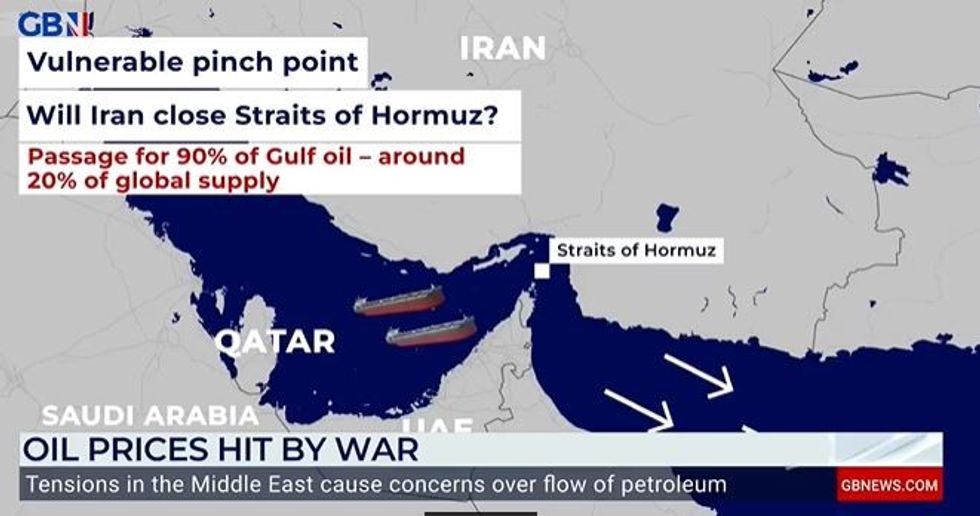
If the Strait of Hormuz was to be shut, global oil prices would soar
| GB NEWSThe AA has called for a "help to buy" scheme which would include zero per cent loans or halving the rate of VAT on the price of a new EV. These measures have recently been supported by the industry body, the Society of Motor Manufacturers and Traders (SMMT).
Industry insiders have also called for the rate of VAT to be slashed on public chargers. When recharging in public, drivers pay a 20 per cent VAT rate compared to just five per cent on home chargers.
Other measures include exempting electric vehicles from the Expensive Car Supplement, which currently charges drivers £425 for five years if their vehicle costs more than £40,000.
Cousens added: "At the moment, company car drivers and those with access to salary sacrifice schemes are propping up the new EV market."


